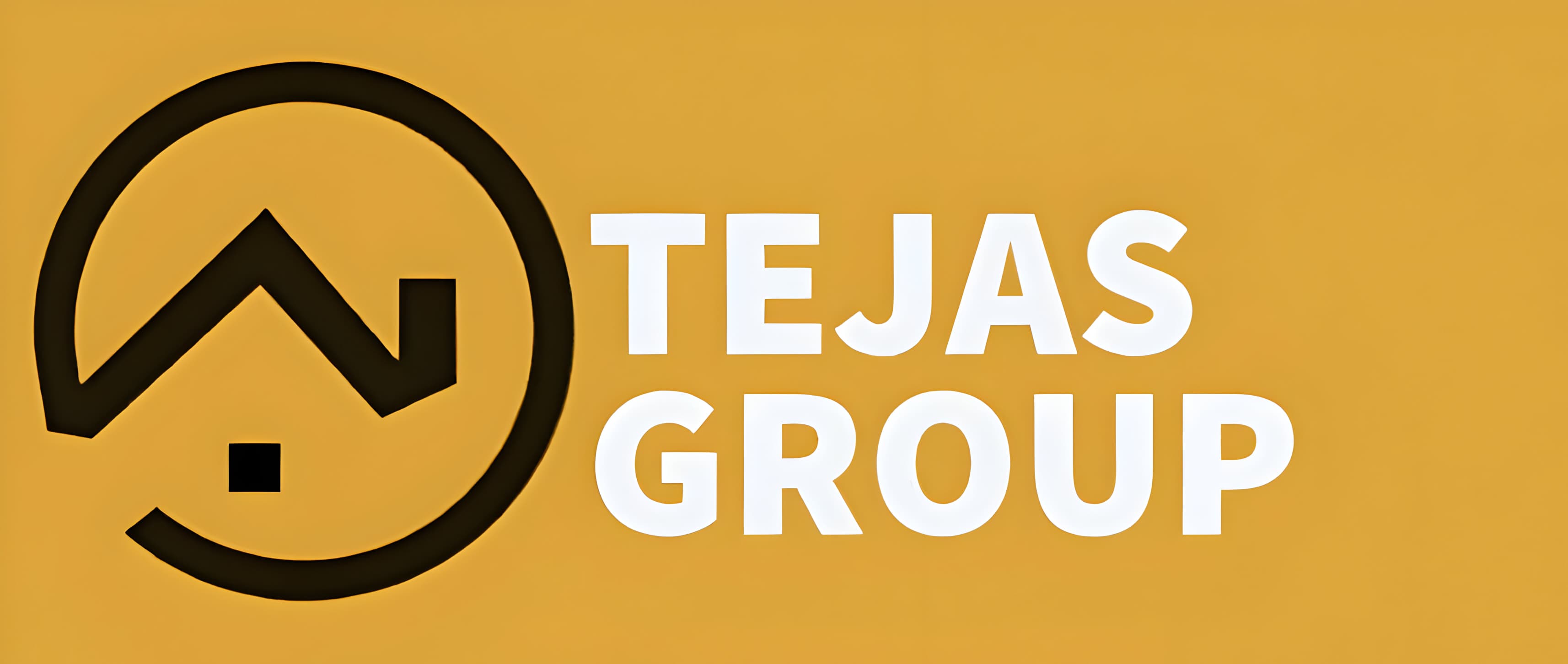- 02269710803 call us
- info@tejasgroup.co.in Mail us
Government Tender Handling
Government Projects Handling
Government projects liaison, often referred to as government project liaisoning or government project coordination, is a critical function that involves facilitating communication, coordination, and collaboration between government agencies, project stakeholders, and private sector entities involved in the planning, approval, and execution of government projects. This role is essential for ensuring that projects are completed successfully, on time, and in compliance with all applicable regulations and standards. Here are key responsibilities and aspects of government projects liaisoning.
Project Planning and Proposal Submission
Assist project proponents, which may include private companies or individuals, in preparing project proposals.
Ensure that project proposals align with government policies, regulations, and development plans.
Permitting and Regulatory Compliance.
Navigate the regulatory framework by identifying the required permits, licenses, and clearances for the project.
Coordinate with relevant government departments to secure necessary approvals.
Interagency Coordination
Facilitate communication and cooperation among various government departments and agencies involved in the project's approval and implementation.
Ensure that all stakeholders are aligned and informed about project milestones and requirements.
Environmental Impact Assessment (EIA) and Sustainability
Work with environmental agencies to conduct EIA studies when necessary.
Ensure compliance with environmental regulations and promote sustainable practices in project planning and execution.
Land Acquisition and Right-of-Way Management
Assist in acquiring the necessary land or rights-of-way for the project.
Address any legal or logistical challenges related to land acquisition.
Public Engagement and Stakeholder Communication
Engage with local communities and stakeholders to gather feedback and address concerns.
Communicate project updates, timelines, and benefits to the public and stakeholders.
Budget and Financing Coordination
Collaborate with relevant financial authorities to secure project financing, grants, or subsidies.
Ensure adherence to budget constraints and financial regulations.
Legal and Contractual Matters
Assist in drafting and negotiating contracts, agreements, and memoranda of understanding (MOUs) with contractors, suppliers, and consultants.
Address legal issues related to project execution.
Progress Monitoring and Reporting
Continuously monitor project progress, budgets, and timelines.
Prepare and submit regular reports to government authorities and stakeholders.
Risk Management
Identify potential risks and challenges that may affect project execution.
Develop risk mitigation strategies and contingency plans.
Quality Assurance and Compliance
Ensure that construction and project management adhere to quality standards, building codes, and safety regulations.
Facilitate inspections and audits as required.
Handover and Post-Project Activities
Oversee the completion of the project, including final inspections, documentation, and handover to the responsible government agency or entity.
Assist with the transition to operational and maintenance phases, if applicable.
Conflict Resolution
Mediate disputes or conflicts that may arise during project implementation.
Seek resolutions that are in the best interest of all parties involved.
Documentation and Record Keeping
Maintain accurate records of all project-related communications, approvals, permits, and agreements.
Ensure that all documentation is compliant with legal and regulatory requirements.
Government projects liaisoning plays a vital role in promoting transparency, accountability, and efficient project delivery. Effective coordination and communication among stakeholders, combined with a deep understanding of government processes and regulations, are essential for successful project outcomes.



